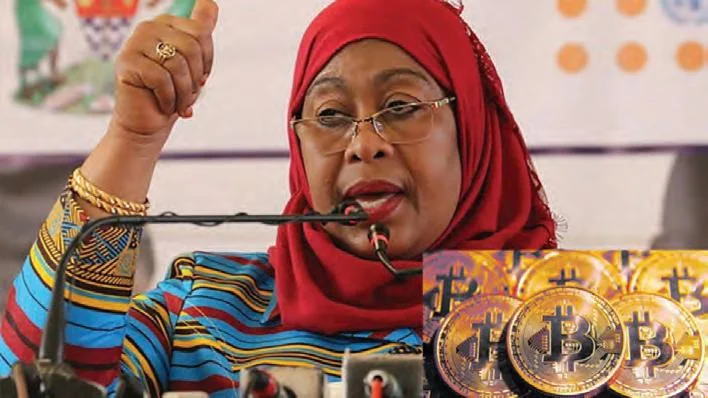Lifestyle/Culture
'Wrong Number? Let's Chat' Maasai Herders in East Africa use Misdials to Make Connections SOMETIMES WRONG NUMBERS WORK. On the East African savanna, Maasai herders can form important new social connections when they misdial their mobile phones, our new study of these communities found. Maasai have traditionally lived in relatively independent, homogeneous groups, but these misdials introduce them to strangers near and far. And some even become friends or business partners. Our research into how Maasai in Tanzania use their phones shows us how technology, error and openness can bring diverse people together. Maasai social life centers on family connections. However, groups organized by age and clan are also longstanding and critically important. In a challenging savanna landscape, these intersecting social networks provide a strong web of friendships and business partnerships alike. And now, with mobile phones, communication across these networks is much easier. Earlier studies showed that Maasai use phones widely to communicate with people they already know. It’s much less common for them to use phones to communicate with strangers. Generally, people meet face-to-face and stay in touch using phones. This may be changing – and in a way that can offer lessons for societies and technology companies around the world. ‘Good things happen’ Approximately 2 million Maasai live primarily in Kenya and Tanzania. Between 2018 and 2019, our team interviewed hundreds of Maasai in Tanzania to learn more about how they use phones. We discovered that some Maasai form meaningful social connections with people they meet through wrong numbers. When asked why people use phones this way, one respondent commented, “Good things happen.” 88
July-August 2021
In our 2021 paper, we discuss how and why Maasai form these accidental friendships, how common they are, and how they relate to local livelihoods. First, misdials may be more common in Maasai groups than in others. Low levels of literacy can lead to errors when people aren’t familiar with the numbers and letters printed on phone buttons. Poor access to electricity can also cause errors. When phone batteries die, people borrow other phones and enter numbers manually. But mistakes are common, and people can be randomly connected across Tanzania and parts of Kenya. Respondents told us that they can be genuinely curious about calls from unfamiliar numbers and are happy to answer. When wrong numbers do occur, callers may simply recognize the error and hang up promptly. But they may also chat and get to know each other. For example, if both parties begin the call speaking Maa, the Maasai language, they may want to learn more about each other. By sharing what age groups and clans they belong to, callers mark their social positions relative to each other. From there, livestock and weather can be easy topics to discuss. DAWN
www.africabusinessassociation.org













































